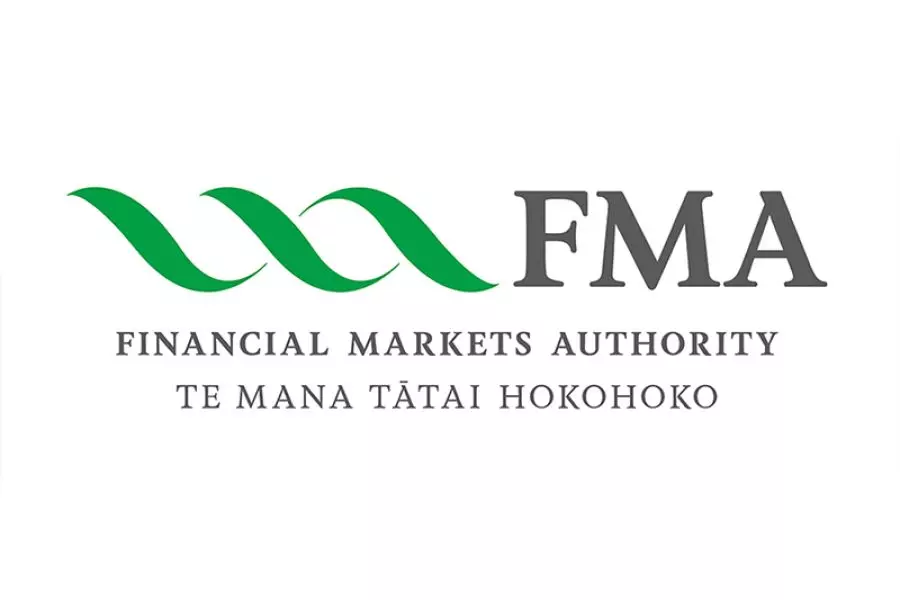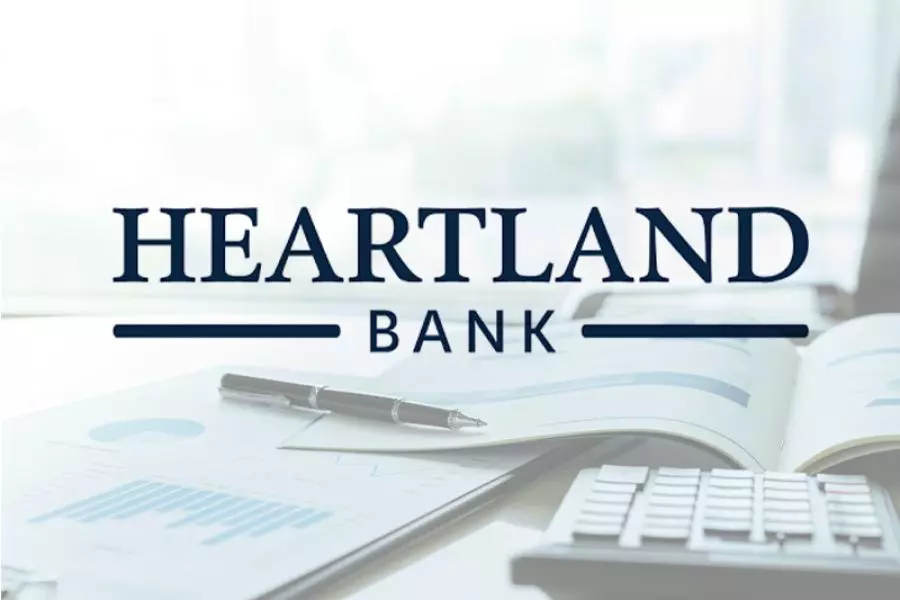News
Market teeters on cliff edge - QV

Wednesday 3rd of June 2020
The latest QV House Price Index has the average national value up by 2.4% over the past three months and by 7.7% year-on-year, leaving it at $739,539 in May.
In the Auckland region, values also increased. The region’s average value was up by 2.7% over the last quarter and by 5.4% year-on-year to hit $1,086,223.
In a similar vein, markets around the country saw value growth...
Want to read the full article?
Click the button below to subscribe and will have unlimited access to full article and all other articles on the site.









![[The Wrap] Bye Bye Bayly](https://goodreturns.publit.io/file/c_fill,w_900,h_600/39f23ac1-f7c7-4854-b700-a150004ebbac.webp)